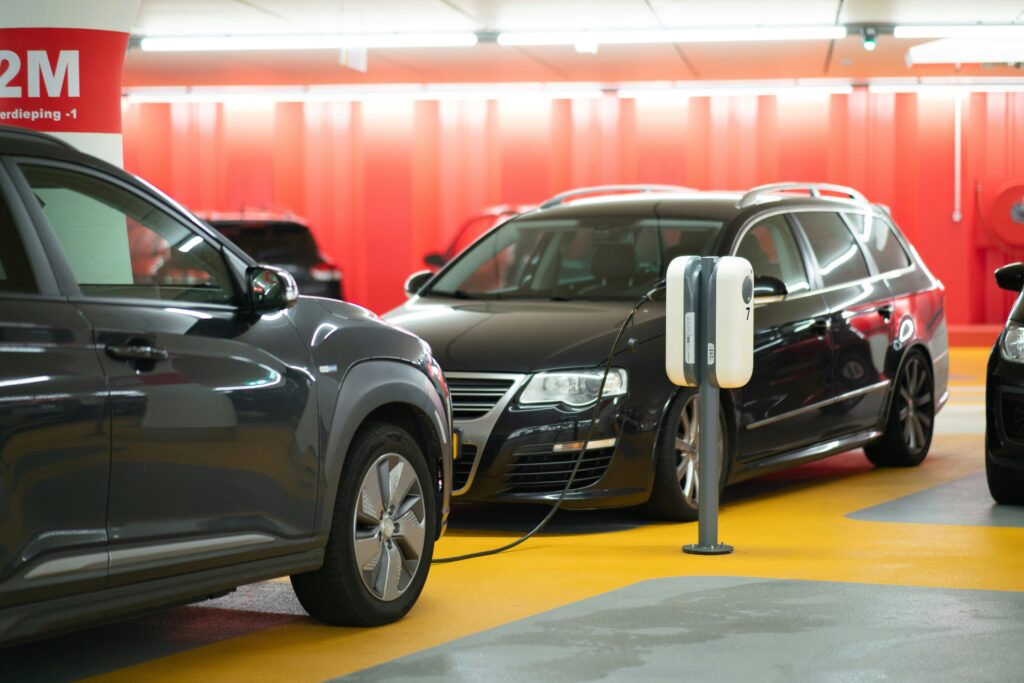European carmakers, including Mercedes-Benz and BMW, have urged the European Commission to secure a trade agreement with incoming US President Donald Trump to protect the European car industry.
The European Automobile Manufacturers’ Association (ACEA) emphasized the importance of maintaining strong trade relationships with both the US and China. The call comes amidst growing fears of a trade war as tensions escalate between the EU and the US.
Trump, set to take office on Monday, has expressed intentions to impose significant tariffs on Chinese imports, sparking concerns about retaliation against nations maintaining ties with China.
In an open letter to EU leaders, ACEA President Ola Källenius urged policymakers to ensure trade with both regions remains open, highlighting their critical role in the European car sector’s success.
ACEA Calls for Cooperation over Protectionism
Källenius warned against protectionist policies that might harm global supply chains and disrupt long-established trade relations.
He stated, “Rather than erecting barriers, the EU should strengthen its internal market and build resilience while promoting free international trade.”
Acknowledging efforts to resolve the EU-China anti-subsidy dispute, Källenius called for a swift and positive resolution, noting the mutual benefits of free trade for job protection and market stability.
“Trade wars have no winners,” Källenius added, stressing that collaboration and negotiated agreements are better alternatives to escalating tensions.
European Auto Sector Faces Challenges
European carmakers continue to face stiff competition from Chinese rivals, whose vehicles are often cheaper and come with more inclusive features, thanks to subsidies.
In response, the EU has imposed higher tariffs on Chinese electric vehicle (EV) imports, prompting fears of retaliatory measures. Germany’s automotive industry, with major players like BMW, Volkswagen, Audi, and Mercedes-Benz deeply invested in China, has voiced strong opposition to these tariffs.
Chinese incentives such as tax breaks, affordable land, and other perks have bolstered foreign investments in their car sector. However, concerns over China imposing tariffs on European car imports are growing.
Volkswagen recently sold its operations in Xinjiang, citing economic pressures, further highlighting the complexities of maintaining trade relationships with China.
As European carmakers navigate increasing global competition, they are pushing for balanced trade policies that preserve access to key markets while avoiding costly trade conflicts.
